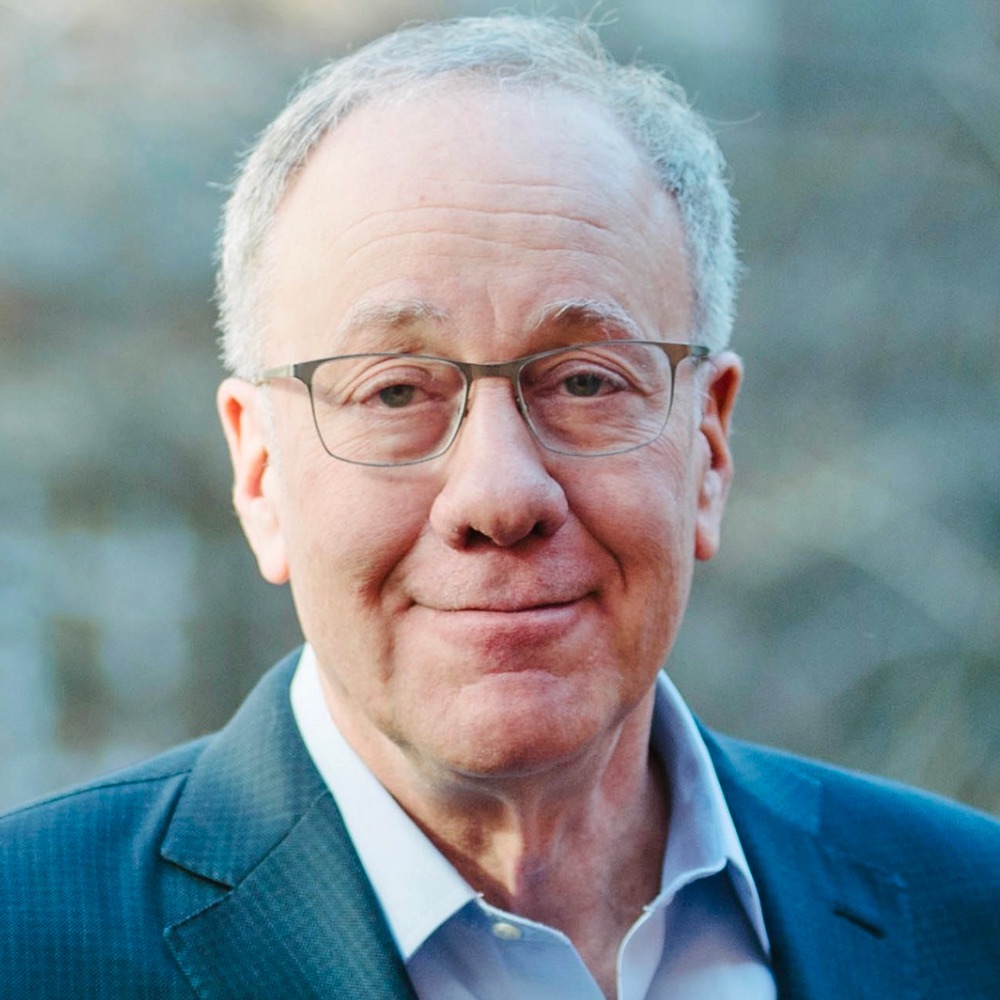In the Ukrainian crisis today, the important question is whether Ukraine will have an opportunity to develop as a sovereign democratic nation. Questions about extensions of international alliances may be a dangerous distraction from this vital point.
Since the end of the Soviet era, the development of democracy in Ukraine has been frustrated by a unique and perverse form of constitutional centralization. Ukraine’s constitution gives the president the power to appoint and dismiss all local governors. Such presidential power over local officials is extremely unusual among parliamentary democracies. This centralized control of local government has exacerbated regional tensions and hindered the development of trusted democratic leadership in Ukraine.
Democracy is about voters having a choice among alternative candidates who are trusted to exercise power responsibly. When such trusted leadership is lacking, democracy is inevitably disappointing and fragile. Although a presidential election can give prestige to its winner, it does nothing to develop the broader supply of trusted alternative candidates on which the success of democracy will ultimately depend.
This essential supply of trusted leadership can develop best in responsible institutions of local government where successful local leaders can prove their qualifications to become strong competitive candidates for higher office. In many countries, trusted candidates for national leadership are regularly found among governors and mayors who have proven their abilities by delivering better public services in the government of a province or a large city.
But an incumbent president is the national politician who would have the most to lose from the development of more trusted competitive candidates for high office. So when the president picks the governors, we should expect them to be regularly chosen from among the president’s loyal supporters who are unlikely to develop any independent reputations of trust with the voters. Thus, presidential control of local government in Ukraine has tended to block the development of leaders trusted by the people. Furthermore, supporters of the incumbent president have had a vested interest in maintaining the existing centralization of power.
In 2004, following the example of Ukraine, supporters of the President of Russia enacted a law granting him similar power to appoint Russian governors, who had been popularly elected in the previous decade. The result of this centralization has been to weaken democratic competition in Russia.
Now, however, the challenge of separatism has focused constitutional debate in Ukraine on the need to introduce some federal decentralization. People understand that excessive centralization weakened Ukraine’s ability to resist separatist challenges in regions which did not support the incumbent national leadership. Decentralizing some share of power to locally elected officials can guarantee that every region has popularly trusted local leaders who have a real stake in the nation’s political system.
Thus, if Ukraine can maintain its sovereign independence within recognized borders, the prospects are good for reforms that could lay the foundations for a stronger democratic system. Locally elected councils already exist in every region of Ukraine, and a straightforward constitutional reform could give these councils the power to select their own governors and to set priorities in their local public budgets. There is no need to give any region special treatment or exemptions from the laws of Ukraine, but all regional councils should have some clear authority to serve their local constituents under national law.
As a first step, the President of Ukraine has proposed constitutional reforms that would transfer executive power to officials elected by the local councils. But the proposed reforms would also include provisions for presidential appointees to veto local decisions at any time. People in the regions fear that such presidential power could be abused to control the local decisions without bearing any responsibility. These vital questions of decentralization reform should be the focus of international discussions on Ukraine.
Ukraine and Russia will always be closely linked by ties of language, culture, and trade. So the success of decentralized democracy in Ukraine could eventually encourage democratic reforms in Russia as well, to the benefit of people in both countries. After all, the existence of democracy in neighboring countries that are linked by a common language has helped to strengthen democracy among English-speaking and German-speaking peoples. It could do so also among nations where Russian is spoken.
In the spring of 2014, I worked with Tymofiy Mylovanov to raise questions of constitutional reform in Ukraine, in an initiative supported by many social scientists in Europe, America, Russia, and Ukraine; see the Ukraine Decentralization Initiative.
Attention
The author doesn`t work for, consult to, own shares in or receive funding from any company or organization that would benefit from this article, and have no relevant affiliations



